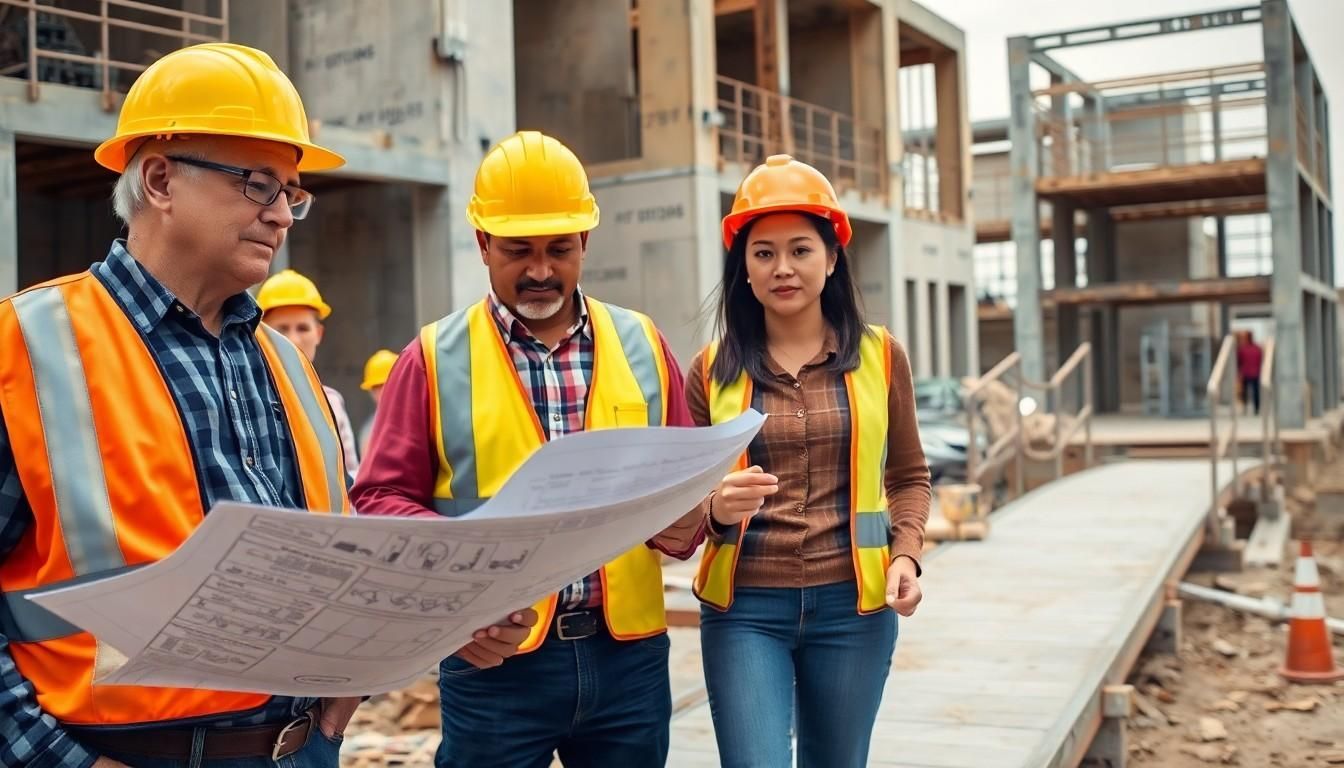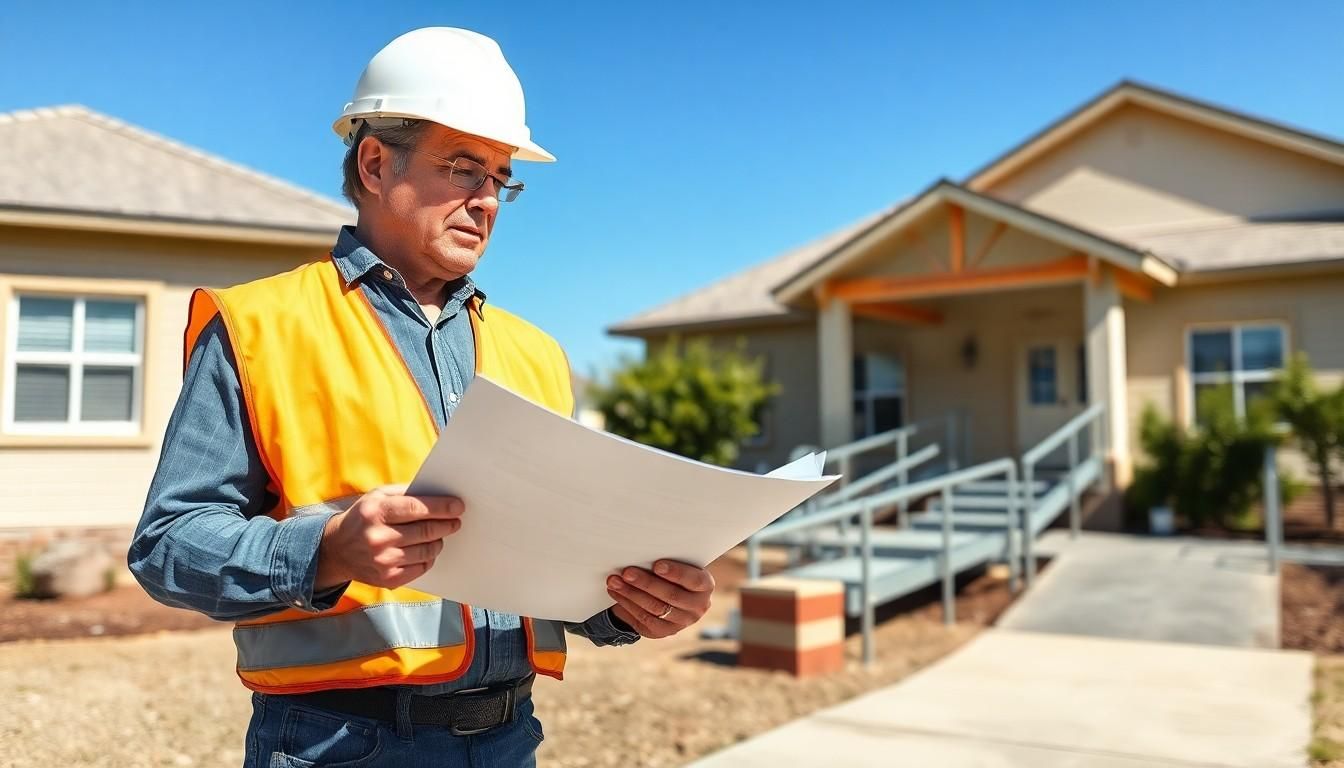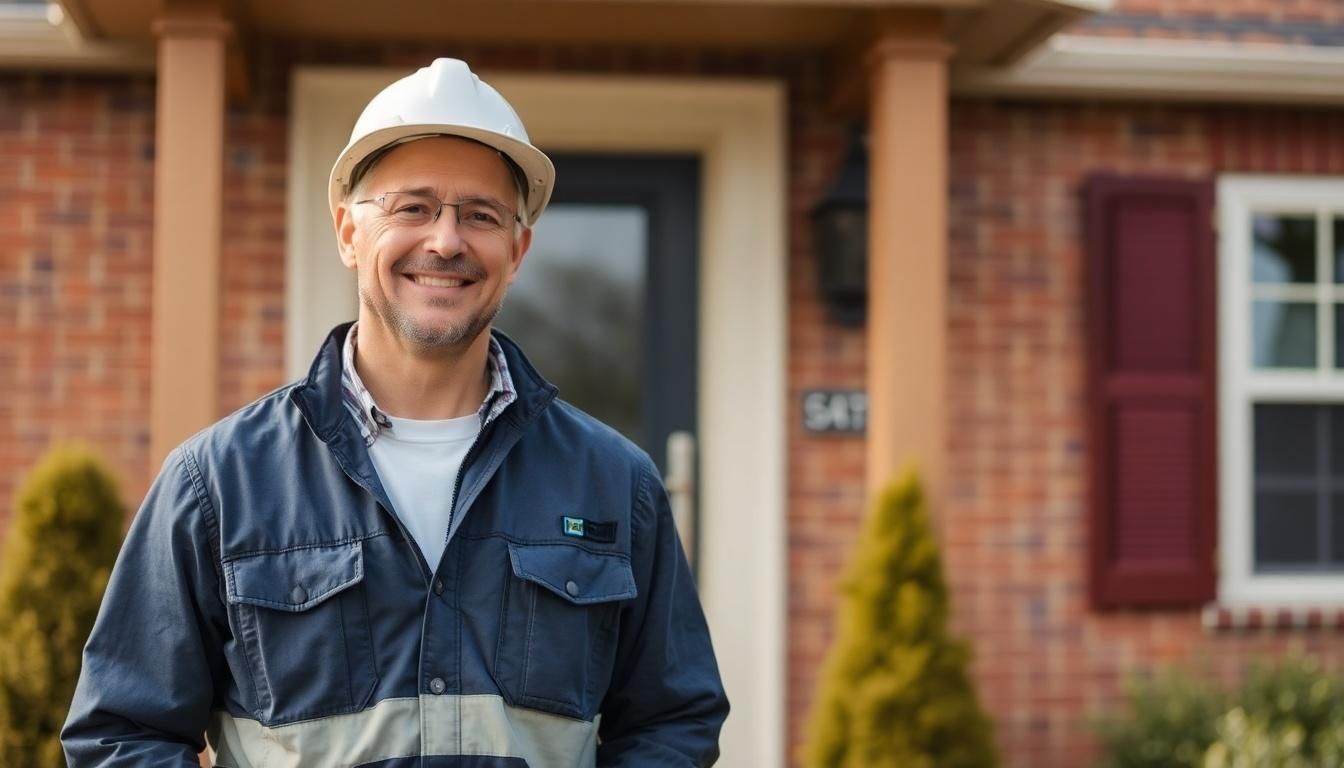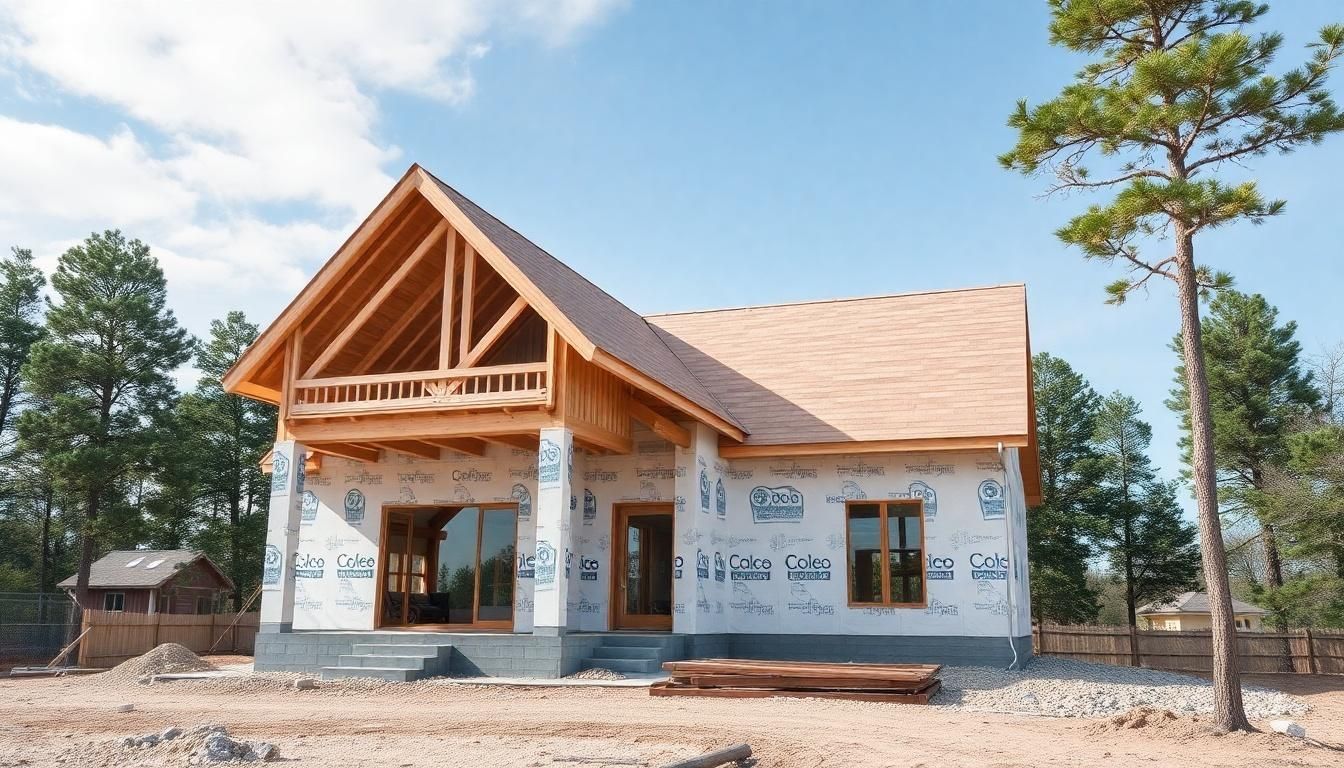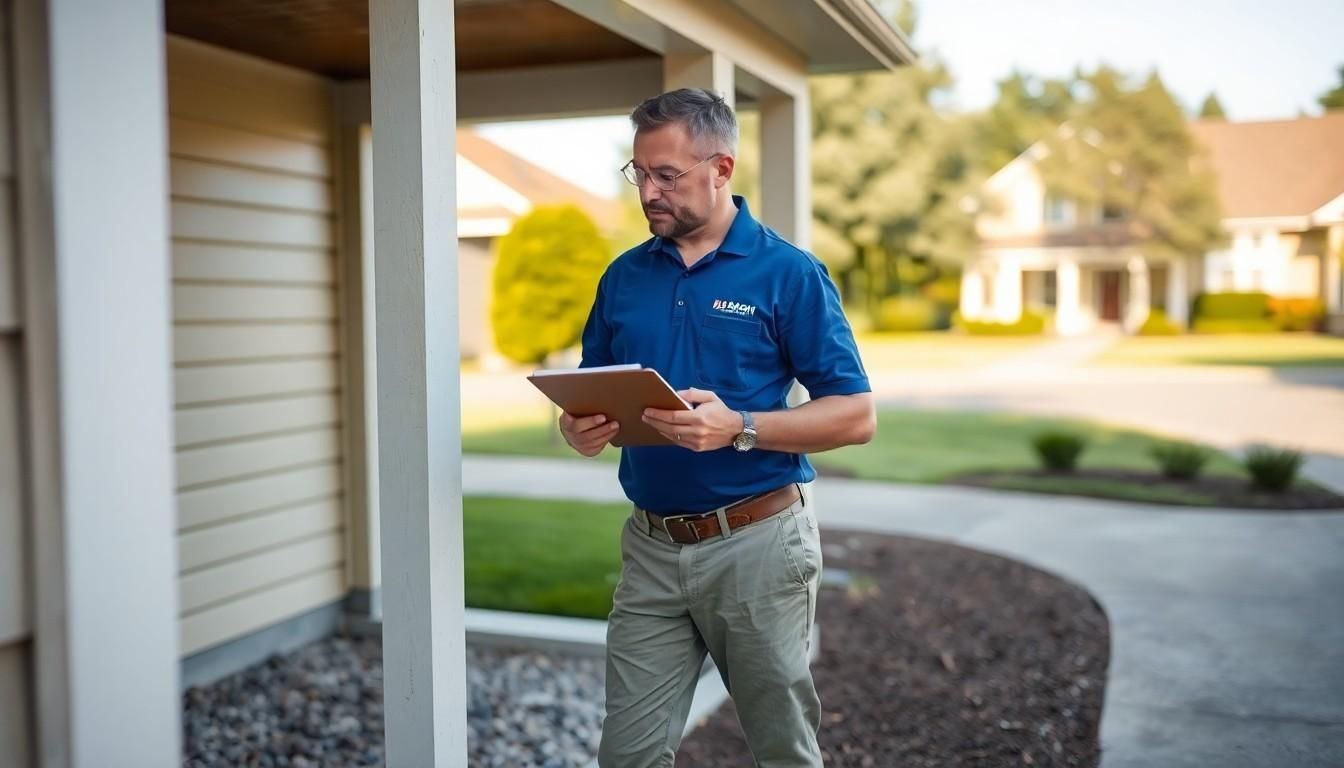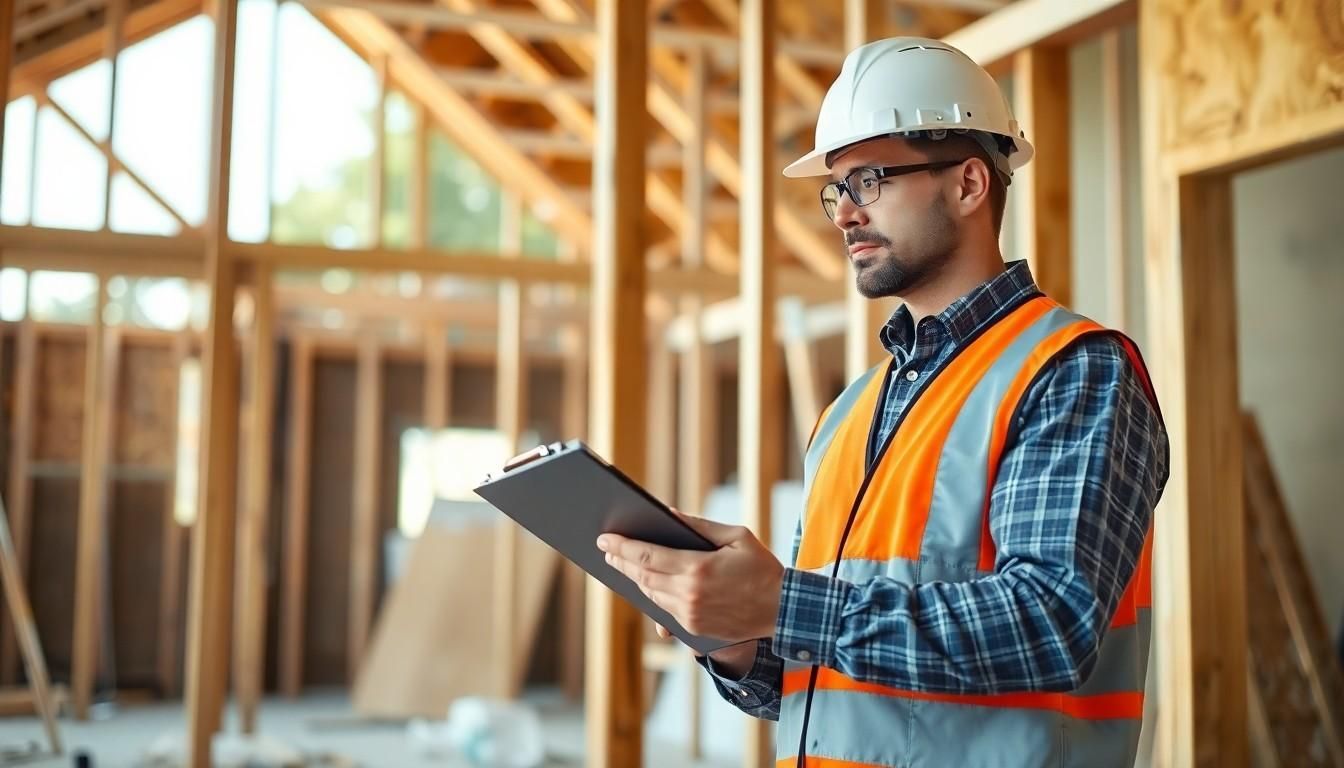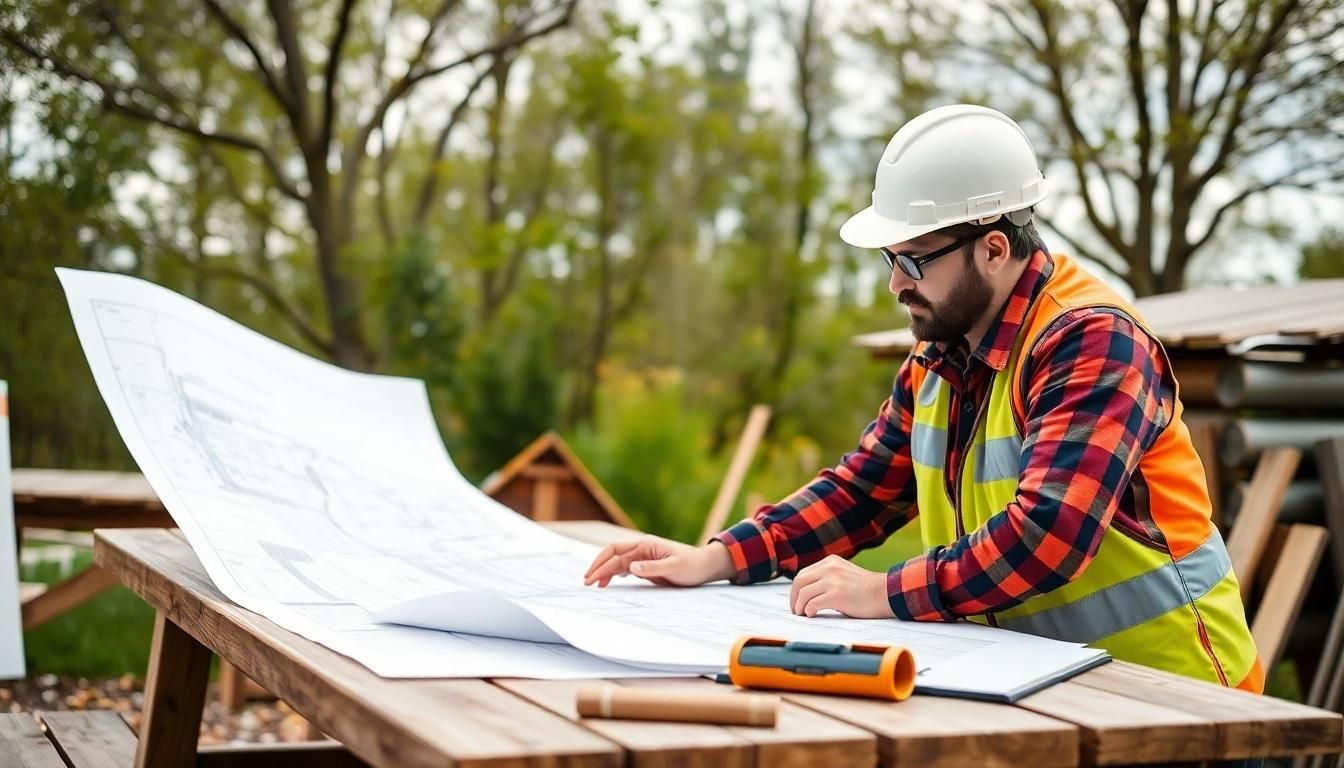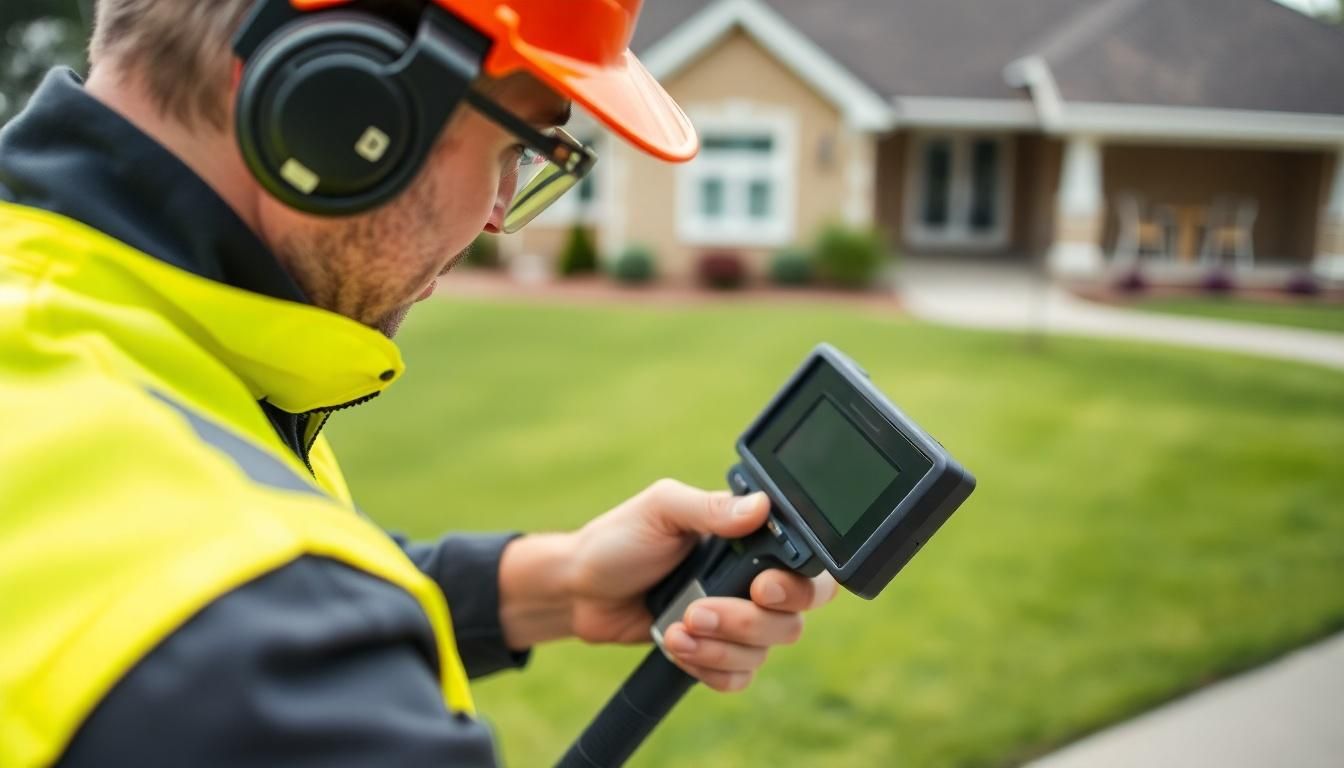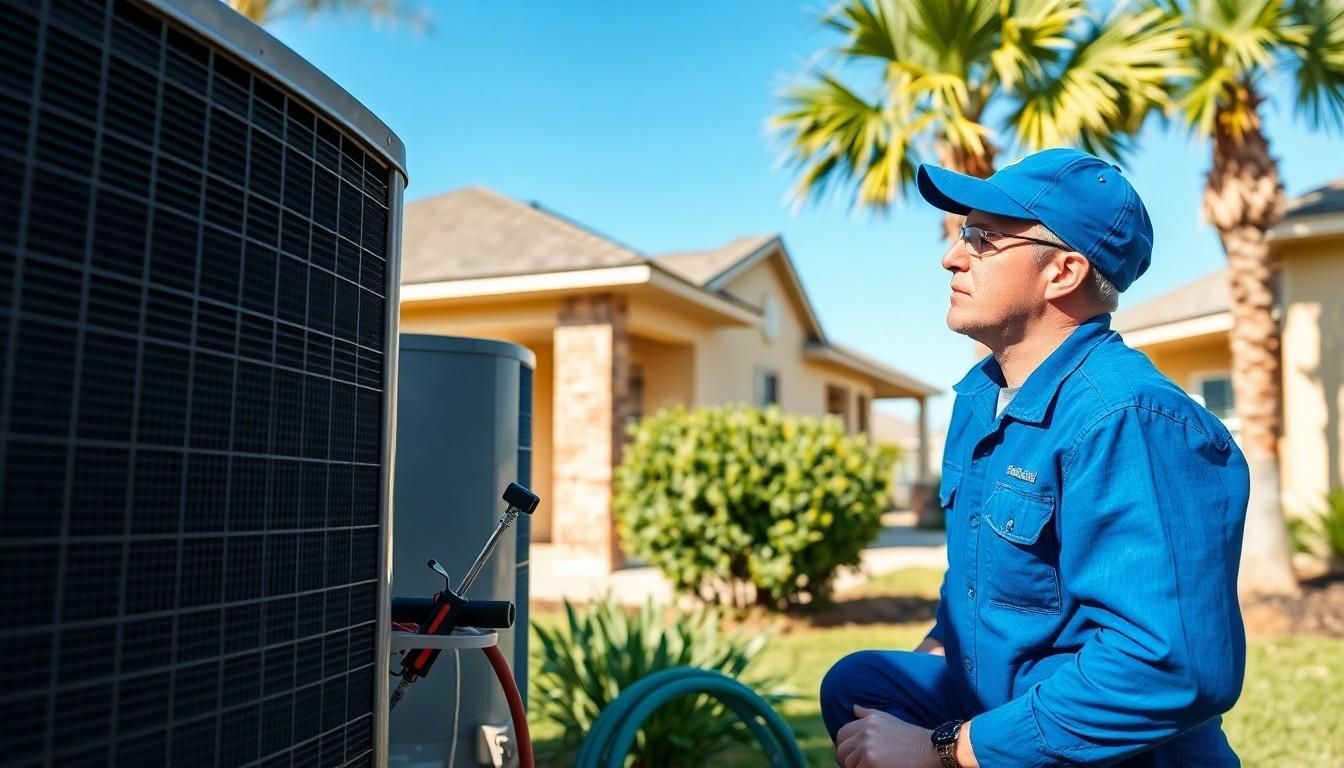Exterior Components of a Home Inspection: Essential Insights
- Roof Inspection: Checks shingles, flashing, chimneys, gutters; issues include missing shingles, water damage, errant flashing.
- Foundation Analysis: Evaluates cracks, bulging, drainage; signs include water damage and erosion.
- Siding Condition: Looks for cracks, decay; wood rots, vinyl cracks, brick absorbs moisture.
- Windows & Doors: Assesses seals, functionality; issues: faulty seals, rot, misalignment.
- Deck/Patio Evaluation: Ensures structural safety; concerns include rot, loose boards, railing stability.
- Gutters/Downspouts: Inspects function and clear paths; watch for blockages and rust.
- Landscaping Impact: Checks drainage, erosion; issues: overgrown vegetation and tree roots damaging structures.
Is the exterior of your home safeguarding your investment or setting the stage for costly repairs? An often-overlooked phase in the home inspection process, evaluating the exterior components, can be as crucial as the interior—if not more so.
From assessing roofing and chimney conditions to examining foundation and drainage systems, this comprehensive evaluation aims to avert potential hazards and maintain property value. Let's get into essential insights that focus on maintaining safety standards, enhancing curb appeal, and ensuring structural integrity. This article unravels what every homeowner, like you, should know to protect their investment through diligent exterior inspections.
Roofing and Chimney Inspection
The roof is your home's main protection against the weather, making it crucial to inspect it. Inspectors look at the roof's condition, including shingles, flashing, chimneys, exhaust ports, and gutters. Shingles need to be intact as they protect the roof structure. Flashing, a thin material, prevents water entry and needs to be correctly installed. Chimneys and exhaust ports should be clear, while gutters must channel water away from the home.
A detailed roof inspection reveals potential issues, safeguarding the home from weather damage and maintaining its integrity.
Common roof issues include:
- Missing or damaged shingles
- Improper roof flashing
- Water damage signs
- Chimney mortar deterioration
- Blocked exhaust ports
If not fixed, problems like missing shingles or bad flashing lead to water damage and costly repairs. Damaged chimney mortar could weaken the structure, posing safety risks. Blocked exhaust ports affect air quality. Quick detection and repair during an inspection can prevent further damage and preserve the home’s safety and value.
Foundation and Drainage System Analysis
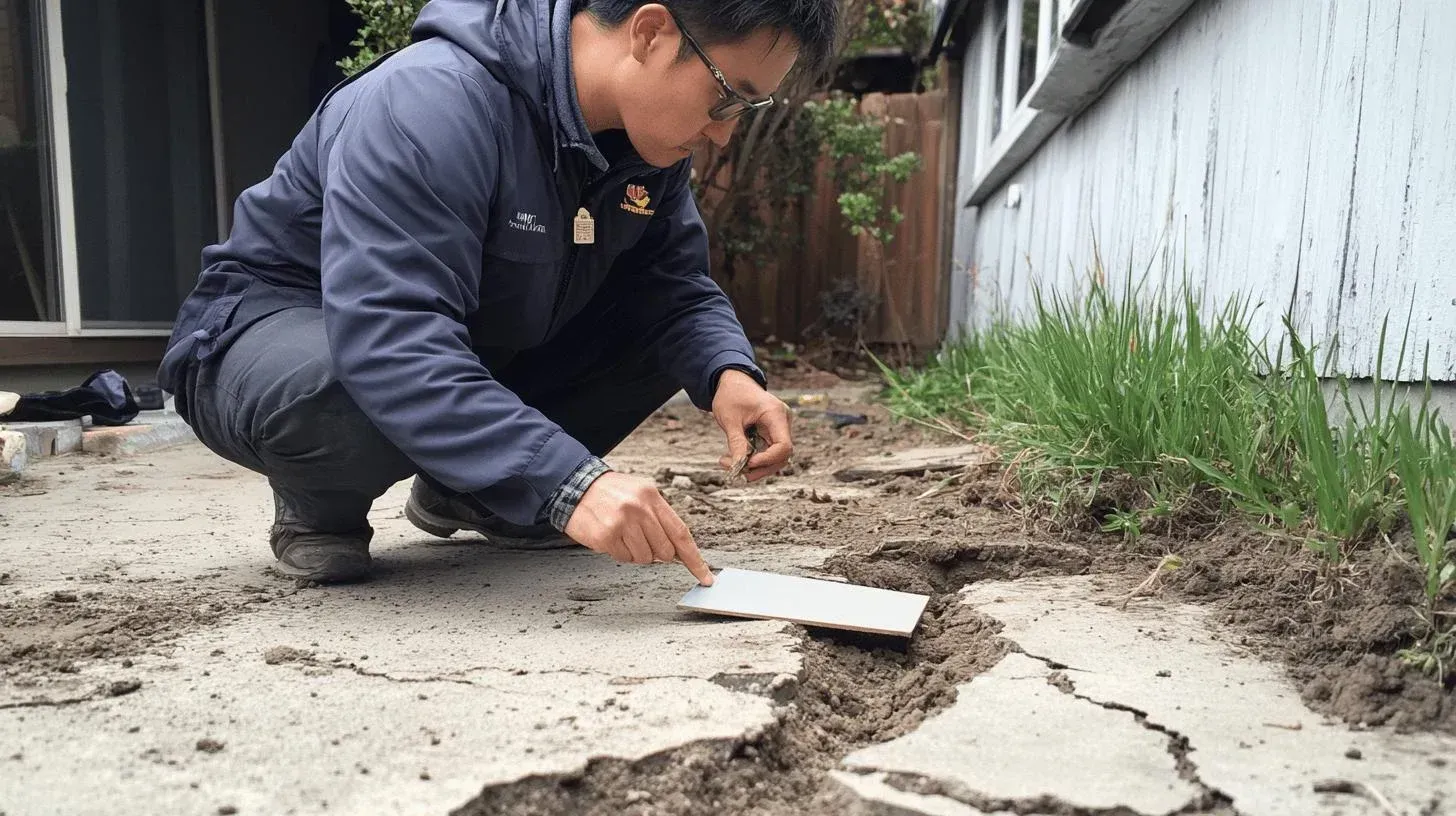
A home's foundation is essential for stability and safety. During an exterior inspection, inspectors check for signs that might threaten the foundation. They look for bulging, cracks, or leaning, which could mean structural issues. Water damage or moisture can weaken it over time too.
Key concerns include:
- Foundation cracks or bulging
- Water damage signs
- Soil erosion
- Drainage system efficiency
- Grading away from foundation
Poor grading can cause water to pool near the foundation, risking erosion and further weakening. Inspectors also check drainage systems to ensure water runs away from the structure. Addressing these concerns is vital to avoid costly repairs and preserve the home’s strength.
Siding and Exterior Wall Condition
Inspectors focus on siding as it shields the home from the elements. They look for cracks, warping, blistering, or decay, which can lead to moisture problems. Siding must be well-maintained to protect against weather and other factors.
Exterior walls are also checked for structural integrity. Inspectors search for cracks, bulging, or leaning, indicating potential deeper issues. Moisture concerns involve signs like water stains or mold, which damage walls if left unattended.
Common siding vulnerabilities:
- Wood: Susceptible to rot, insect infestation, and warping
- Vinyl: Prone to cracking and warping under extreme temperatures
- Brick: Mortar deterioration and moisture absorption
Keeping the paint and insulation in good condition is vital for energy efficiency. Paint defends against elements, preventing moisture. Regular checks and maintenance help avoid peeling. Ensuring good insulation reduces energy costs and boosts comfort.
Window and Door Assessment
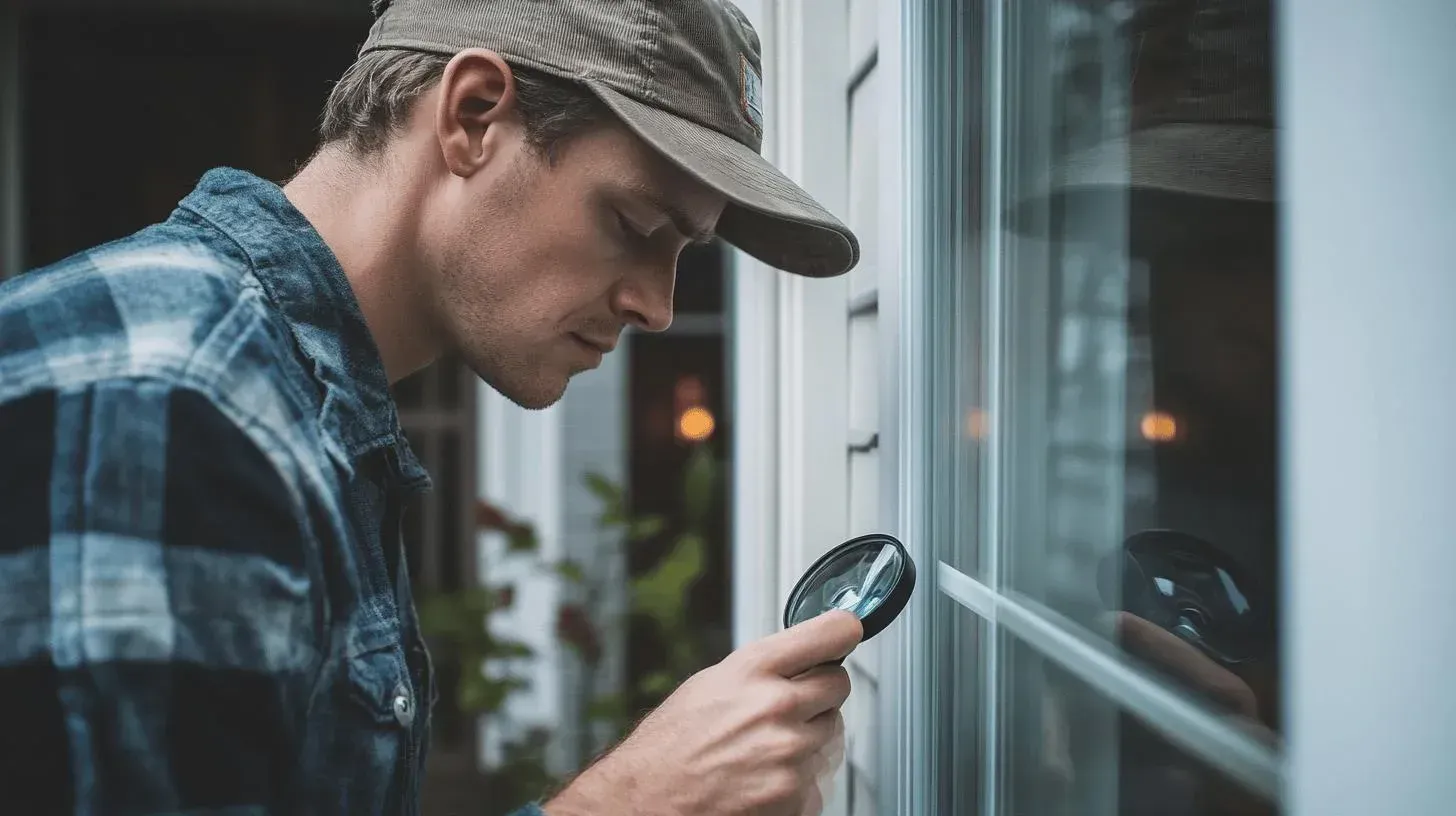
Windows and doors are key for energy efficiency and security. Inspectors check they open and close properly and have effective seals. Proper seals prevent energy loss and water entry, helping maintain indoor temperatures. Security checks ensure they block external threats.
Potential problems include:
- Faulty seals
- Rot or decay in frames
- Misalignment
- Drafts and air leaks
Issues like poor seals can run up bills due to inefficient energy use. Rot affects frames’ strength and look, while misalignment may allow air and water in, jeopardizing security. Fixing these immediately preserves home efficiency and safety.
Deck, Porch, and Patio Evaluation
Decks, porches, and patios add value and outdoor space. Inspectors check their safety and structural soundness. Evaluations cover material integrity, railing safety, and secure attachment to the home. These inspections help keep areas safe and valuable.
Concerns for safety include:
- Structural stability
- Rot and decay in materials
- Loose or damaged boards
- Safety of railings
- Attachment to the main structure
Neglecting maintenance can lead to hazards like structural instability or falling railings. Regular checks prevent these risks, ensuring outdoor spaces' longevity and safety.
Gutters and Downspouts Inspection
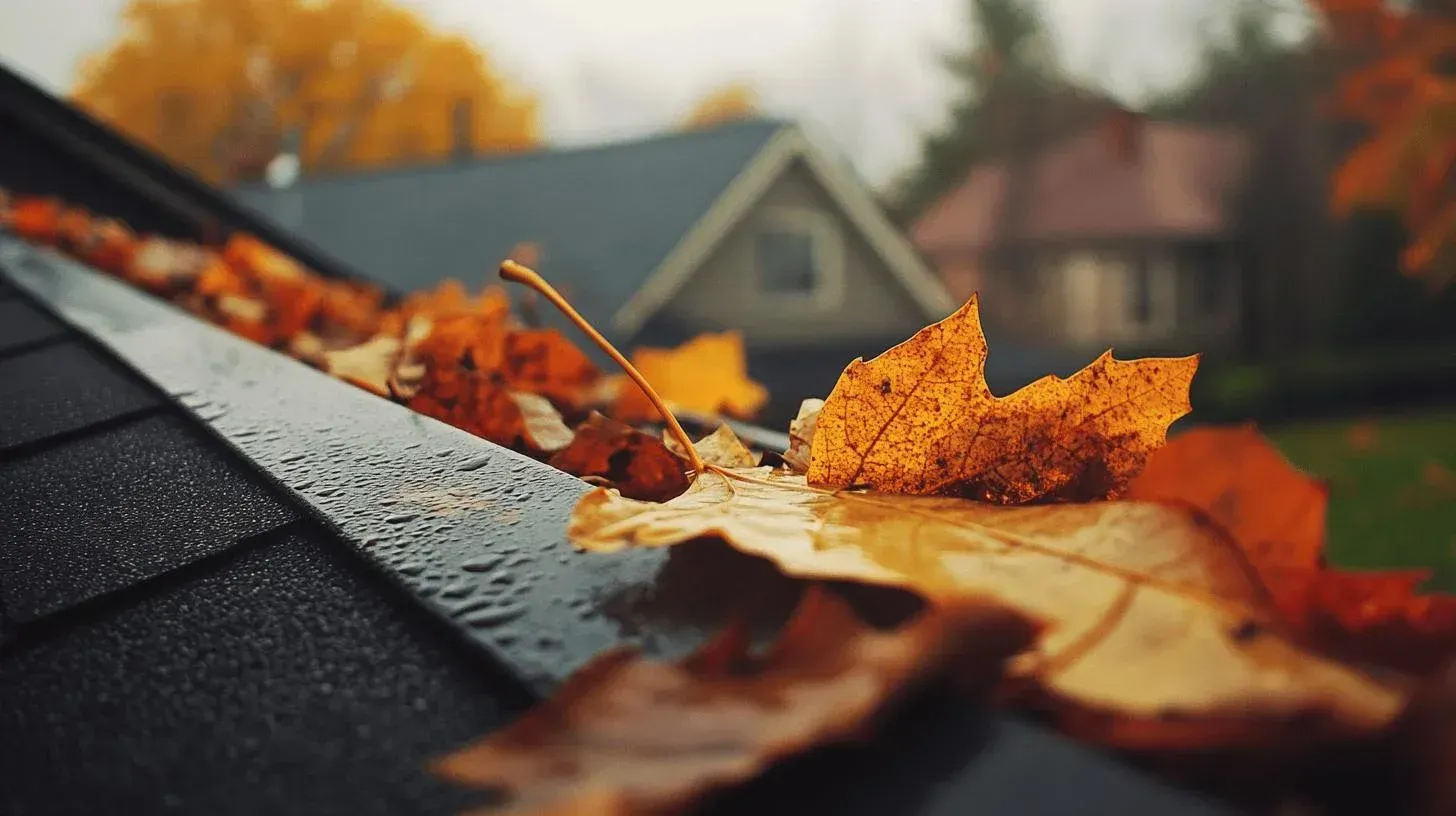
Gutters and downspouts redirect water away from a home, protecting foundations. Inspectors check they function well, ensuring clear paths and effective water diversion. This maintenance prevents water damage and structural issues.
Watch out for:
- Blockages by debris
- Improper water flow
- Rust and corrosion
- Loose or detached components
Debris blockages can cause overflow and damage. Rust weakens gutters, while loosened parts can't manage water effectively, risking foundation problems. Regular inspections prevent these issues, keeping the home safe from water damage.
Landscaping and Outdoor Structures Impact
Proper landscaping controls water flow and erosion. Inspectors check drainage, making sure water doesn’t hurt the foundation. They also assess outdoor structures like retaining walls for stability.
Landscaping concerns:
- Overgrown vegetation close to structures
- Tree roots affecting foundation
- Erosion from improper grading
Neglected landscaping and structures can damage a home. Overgrown plants harm siding and invite pests. Nearby roots can crack foundations. Erosion exposes foundations, leading to costly damage. Addressing such issues maintains a safe, preserved home.
Final Words
Inspecting the exterior components of a home is important for maintaining a property's safety and efficiency. From evaluating roof shingles and chimney conditions to analyzing foundation stability and drainage systems, each aspect plays a vital role in safeguarding your investment.
Homeowners can ensure their property remains a safe and secure haven, contributing positively to their investment's longevity. All you need to do is engage the services of MyAccurateHomeServices to get the best property health report.
FAQ
Q: What is the main objective of the inspection of exterior components of a property?
A: The main objective of inspecting exterior components is to evaluate the property's structural integrity and maintenance needs, identifying potential issues like water damage, foundation cracks, and improper drainage affecting overall safety and value.
Q: What is an exterior-only inspection?
A: An exterior-only inspection focuses solely on the outside components of a property, such as roofing, siding, foundation, drainage systems, windows, and doors, evaluating their condition without assessing interior elements.
Q: How to inspect the exterior?
A: To inspect the exterior, examine roofing for shingle and flashing conditions, siding for damage, foundation for cracks, drainage for blockages, and windows and doors for seals and alignment, identifying defects that need attention. Specialists in the field are ultimately the best bet to get the most accurate report of your home exterior.
Q: What is the most common issue to arise in a home inspection?
A: The most common issue in a home inspection is water damage, often due to roof leaks, poor drainage, or improperly sealed windows and doors, which can lead to structural deterioration if left untreated.
